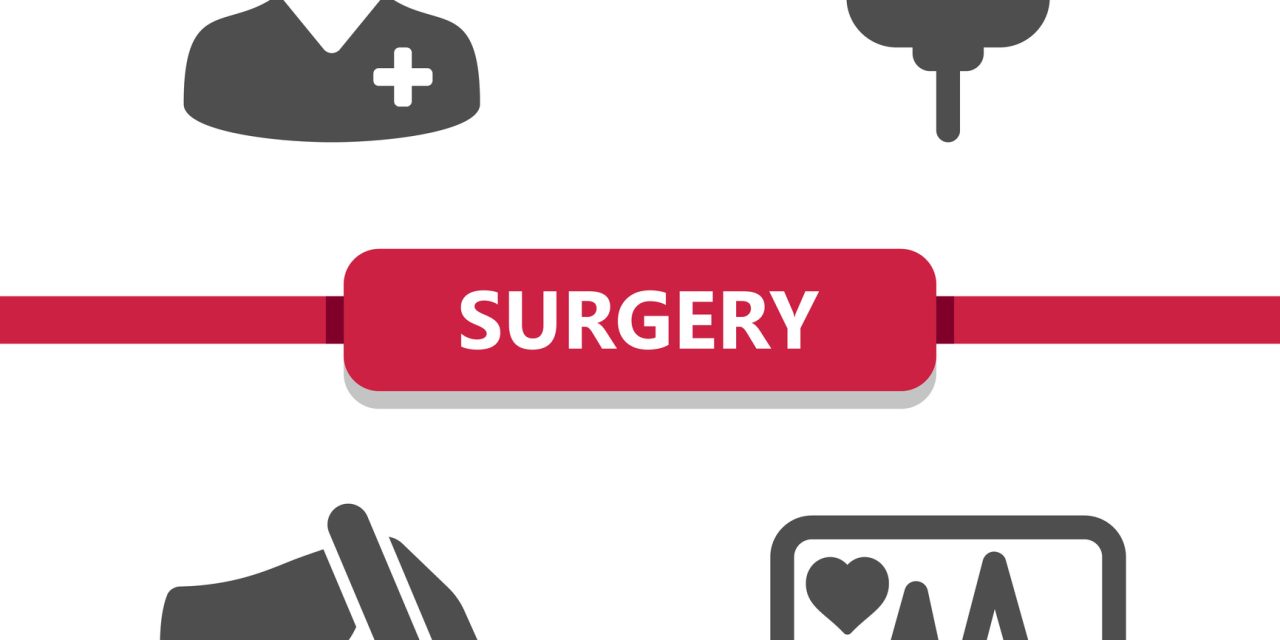Health care is provided in developing countries, in a milieu of acute shortages of health care infrastructure and personnel. Governments are realizing that digital health through public private partnerships (PPPs) could address this issue. Literature review did not reveal reports on primary use of telemedicine or echnology-nabled emote ealth care () in a PPP mode. The authors report using digital health in a mega PPP project in nine districts in Andhra Pradesh, a state in South India, where millions are benefiting from TeRH. Strategies deployed to address operational, technical, and clinical challenges in virtually reaching the unreached deploying technology are described. A detailed analysis was made of services provided in 183 Urban Primary Health Centres (UPHCs) over 47 months. : 2,648,322 unique patients had quality digital health care. Of 11,055,936 consultations, 1,013,996 were specialist teleconsultations, including cardiology, endocrinology, general medicine, orthopedics and OB/Gynecology. 7,408,283 laboratory tests were done. Costs for laboratory tests was 28.84% of that in private laboratories. Cost per specialist teleconsultation was 165 (Rupees). Quality control of laboratories was ensured through remote monitoring. Implementing digital health in PPP projects requires expertise across clinical, technology, contract management, financing, data standards, information security, project planning, and cost-effective implementation. This successful mega project has confirmed that given a dedicated cooperative team e-health in a PPP mode in a developing country is eminently doable. Digital health care records were introduced and maintained for 100% of the beneficiaries (2.6 million in this study). TeRH can now bridge the health care divide.
Digital Health Care in Public Private Partnership Mode.


